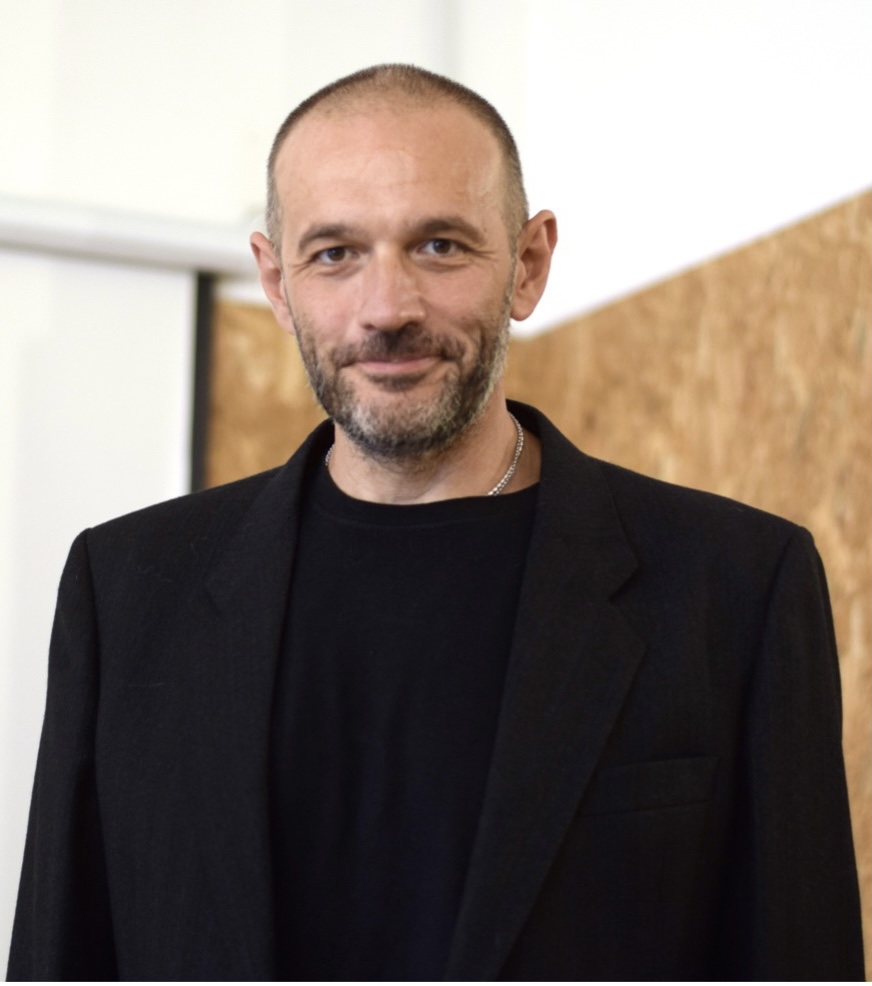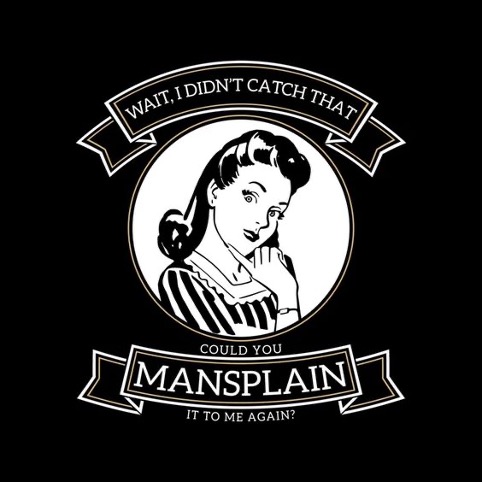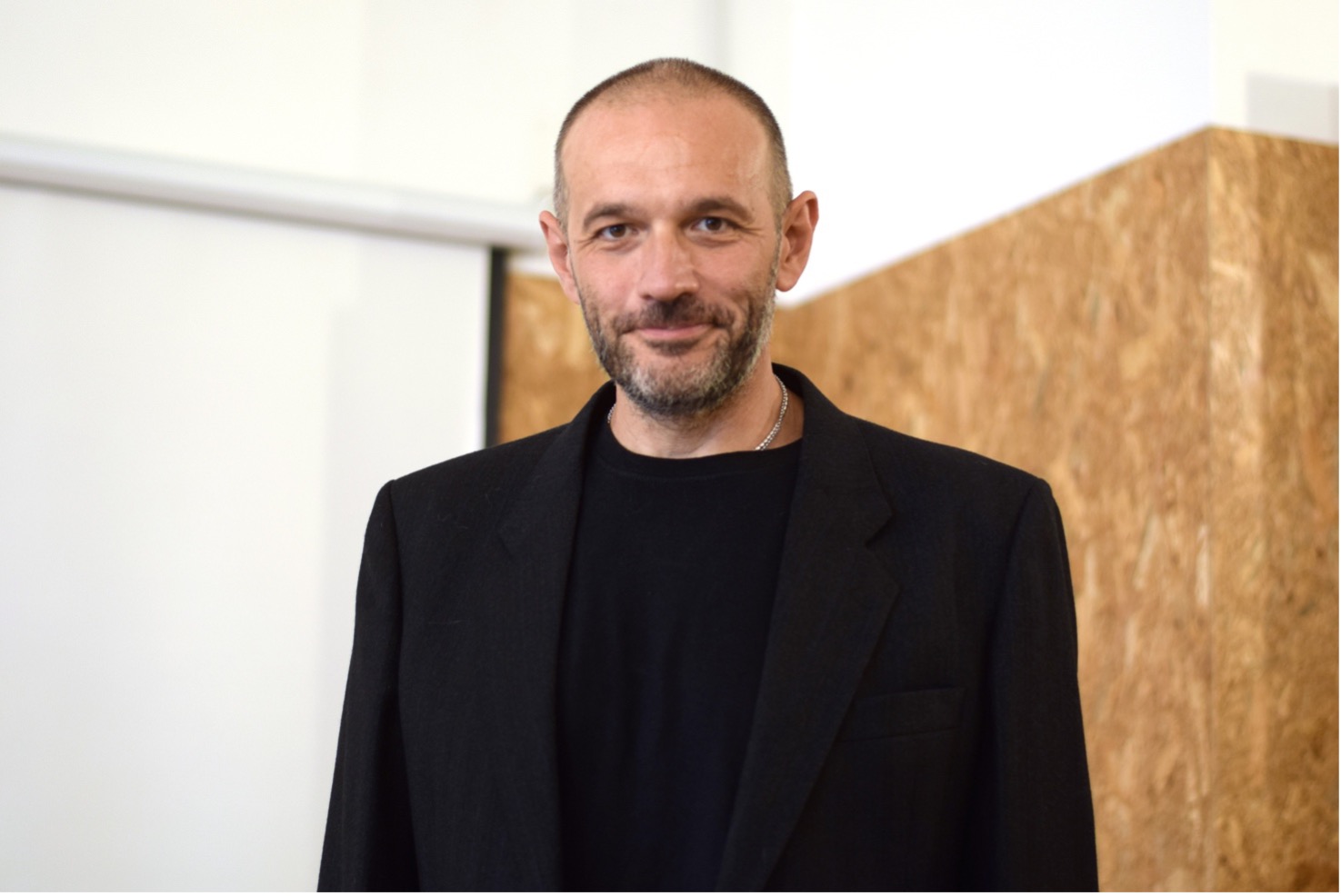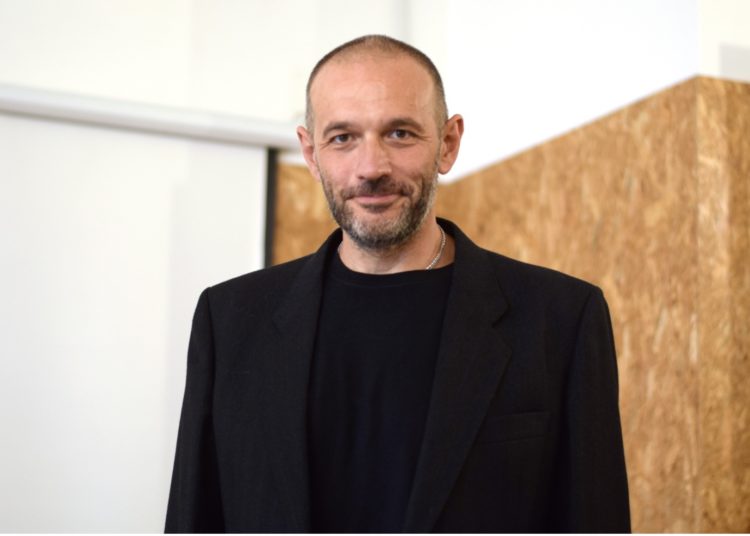This post is also available in: Français (French)
Femicides are steadily increasing across the world, and Italy[1] boasts a macabre record, with one case every three days. But this is just the tip of an iceberg of a much more widespread misogynistic conduct, from catcalling to mansplaining, to name just a few. What are the causes of these practices of ordinary sexism? Why are they so underestimated?
One of the huge problems, perhaps the biggest, that men have in recognizing forms of gender-based violence lies in the fact that most of them are educated to recognize violence only as something that physically occurs on someone else's body. So if it is done with words, they do not consider it as an act of violence, if it is done with the control of the other person's life, or of certain aspects of their life, they do not consider it as violence, and if it is done through the occupation of a public space, it is still not considered violence.
The very first problem is, therefore, to ensure that violence is recognized as such and called by its name. However, this not only means asking men for a sensitivity that most of them do not have, but also putting their gender identity in a critical perspective. This is a big problem because talking about it is often seen as an attack on them, as if their identity needs to be changed. Every time we talk about forms of violence not directly connected to the body of a potential victim we are dealing with these two very big obstacles. This is why there is a often a tendency to minimize the seriousness of these beahviors which constitute real abuses.

Talking about the violence with which many men control the lives of the women around them -the wife, the partner, the occasional lover, the office colleague- immediately brings us face to face with the macho culture that considers these attitudes as harmless forms of “caring” or “interest” in their regard.
But asking these women to limit their lives to certain times, places or situations is not simply a question of expressing affectionate “advice” but rather an order or a precise directive. Even the most explicit form of control, such as discussing your partner’s agenda or reading her messages on her mobile phone - a widespread practice especially among young people - is not considered violent because it is part of a space of possibilities within an affective relationship, and yet this consists in arrogating to oneself a right which is neither discussed nor granted.
Many forms of "invisible" violence are practiced within a space of undiscussed relationships, that is, we find ourselves playing roles without ever wondering where they come from and, above all, whether they can be invested in a different way. These are all the questions that men do not ask themselves, thus falling into a typical patriarchal configuration. When you grow up as a white, straight man, you never have the possibility to choose how to build your identity in any other way. You are either a straight, white man or you are nothing at all. These models are never questioned and so, as an adult, potentially abusive and violent behaviour simply becomes your way of being a husband, father, partner.
These daily micro-violences that many women experience, whether checking their phones, criticizing their habits or making unsolicited comments about the clothes they wear, are not considered as forms of violence by most men, because they very rarely ask themselves whether they have the right to say or do anything. Yet, overstepping these limits becomes an abuse, and not understanding this means not being aware of how power relations work.
In Italy, for instance, asking specific questions about a person’s private life when employing someone is a crime. Yet it is done quietly and when a widespread common practice breaks a written law it means that there is a stronger law. If the masculine law of control of female life is stronger than the law that a society gives itself through its instruments, that form of violence is legitimized and accepted systemically.
“Many forms of "invisible" violence are practiced within a space of undiscussed relationships, that is, we find ourselves playing roles without ever wondering where they come from and, above all, whether they can be invested in a different way”

What much has been done in Italy, and how much is still to be done, to reverse the toxic narrative that continues to legitimize male supremacy?
Sexist attitudes, such as mansplaining, catcalling and manspreading, are transversal and transnational but in some contexts they take on particular forms because there are cultural traits closely linked to the territory. Above all, we learn to “be men” from our social and cultural contexts of reference, after all. It is therefore very important to understand what certain behaviors mean in a particular reality. When in Italy in training courses aimed at a male audience I speak, for instance, of “chivalry” I remember that the term refers to a medieval code of behavior that destined the second son of noble families, and who could not inherit anything but received a military education, or the countess or princess on duty who instead possessed property and titles but who, as a woman, did not have the right to continue the dynasty.
This is a very complex role-playing game that definitely needs to be changed on both sides. If the man wants to "play the knight" but the person he is talking to does not want to “play the lady” and does not play the game, he is exercing violence. The agreement must be clear and above all shared before the ‘game’ begins. If we both agree on the code and share it, we can play knight and lady, doctor and patient, fireman and arsonist but as I often say, the vast majority of men imagine that their behaviors are permissible regardless, so they allow themselves certain language until they commit real abuse, such as touching the body of others on the assumption that it is ok.
Convinced that they are making a polite gesture, many walk with a woman or invite her to enter a place by touching her without even asking her permission, or make remarks about her clothes or make-up in inappropriate moments and contexts, for example in the office. They believe that they can simply do this and that there is nothing wrong with it.
It is not a matter of condemning men as males or to stigmatize them as violent simply because they are male. However, we do want and need to start calling a spade a spade by reminding ourselves that consent to our expectations should never be taken for granted and that if this consent is not explicitly given, then our behavior becomes abusive and violent.































